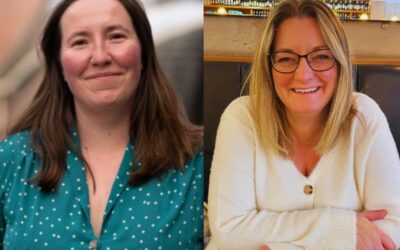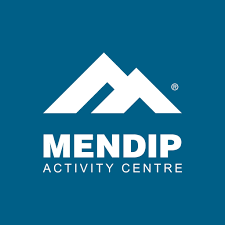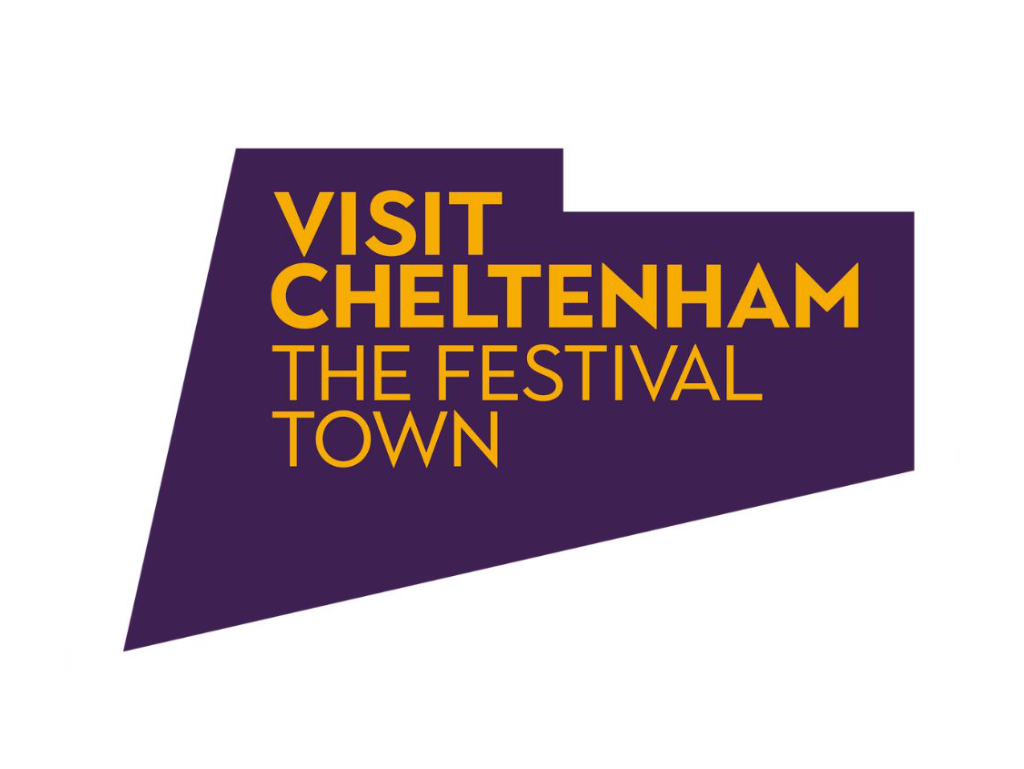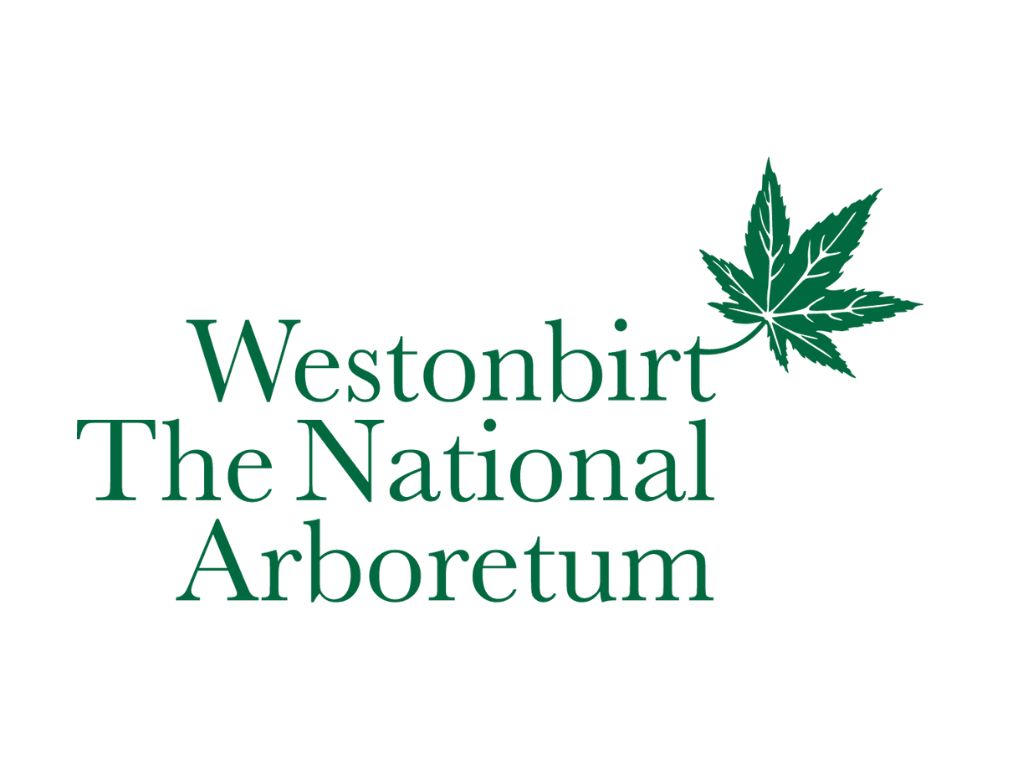Clare Reddington on skipping school, creativity and financial resilience at Bristol’s Watershed.
On today’s podcast, I spoke to Clare Reddington, CEO of the Watershed in Bristol.
The Watershed: A Beacon of Cultural Innovation
With over half a million visitors last year, the Watershed is no ordinary venue – it’s a vibrant cultural hub that wears many different hats. From its origins as the UK’s first media centre in 1982, the Watershed has evolved into a cinema, cafe, events space, and home to the Pervasive Media Studio – a collaborative workspace for creatives working at the intersection of technology and culture.
The Watershed has survived as a fiercely independent cultural cornerstone of Bristol, with Clare at the helm. It is not only taking its work to four corners of the globe, it has also created a space that’s at the forefront of inclusion and accessibility.
In a fascinating conversation, we had the opportunity to learn about how Clare and her team are navigating the running a creative cultural organisation, where costs have risen by over 21% in the past few years, including an increase of £75k per year for employers NI contributions, as well as a public struggling with cost of living.
Clare’s own journey to the Watershed is equally compelling. She remembers bunking off school to go to the Watershed in its early years, which inspired her training in Media Studies at Birmingham University, and where she became a Producer at the Cheltenham Festivals, taking a lead role on what is now the very successful Science Festival.
Fostering Creativity Through Collaboration
At the heart of the Watershed’s success is its commitment to collaboration and supporting creative talent. The Pervasive Media Studio provides workspace, resources, and a community for over 200 creatives working on innovative projects – from prosthetic arms to virtual reality experiences exploring mental health.
“Our creativity is collaborative,” Clare shares. “I’m a bouncer – I don’t sit at home and get creative on my own. My creativity is about trusting the people around me, who are my fonts of creativity.”
This collaborative spirit extends to the Watershed’s international work, such as the Playable City initiative. By partnering with cities around the world, the Watershed has created joyful, playful experiences that engage the public in unexpected ways, from texting street furniture to dancing with your own shadow.
Navigating Financial Challenges with Resilience
Like many organisations in the visitor economy, the Watershed is facing significant financial pressures due to rising costs. Clare is candid about the challenges, acknowledging that “it’s brutal” and that the Watershed is “living year to year” in terms of sustainability.
However, Clare’s leadership is marked by a steadfast commitment to the Watershed’s values and a willingness to adapt. She emphasises the importance of “articulating the things that are important to us” and finding innovative ways to fund them, such as the new Value Circle corporate sponsorship scheme, which they are now working on to raise important funds to support their work.
Creativity as a Guiding Light
As organisations in the visitor economy navigate uncertain times, Clare’s words serve as a reminder that creativity, collaboration, and a steadfast commitment to values can be the keys to resilience and success.
Four tips Clare Reddington shared for maintaining creativity and resilience in organisations facing financial challenges:
- Trust your gut instinct:
– Claire emphasises that the “tacit skills of leadership” – your sensing skills and values-driven instincts – are really important and valid.
– She says your gut instinct is often about your core values and what’s truly important to you.
– Trusting your instinct can help you navigate difficult situations and avoid feeling uncomfortable or defensive, which can stifle creativity. - Embrace risk (but calculated risk):
– Claire advises embracing risk, but not “stupid risk” – the risks should be calculated and well-thought-out.
– She says her organisation, the Watershed, has taken risks, but they’ve considered the potential unintended consequences.
– Embracing a degree of risk-taking is crucial for fostering creativity and innovation rather than playing it safe. - Trust your people:
– For Claire, creativity is a collaborative process, not something that happens in isolation.
– She sees her team and the broader community around the Watershed as “fonts of creativity” that she taps into.
– Trusting the people around you and leveraging their ideas and perspectives is key to maintaining creativity. - Be honest and authentic:
– Claire believes creativity flows best when you’re true to yourself and your organisation’s values.
– Trying to be something you’re not will stifle the creative process.
– Leaning into your authentic self and values is essential for sustaining creativity, even in challenging times.
This episode is sponsored by Hello Starling.
Hello Starling is an award-winning Media Planning and Buying agency that specialises in delivering advertising campaigns with great results for visitor attractions and destinations. They’ve work with brands such as Bristol Zoo Project, Visit Shropshire, Visit Conwy, Visit Herefordshire and the National Tourism Office for Poland. If you want to be the centre of attention, visit hellostarling.com today.











